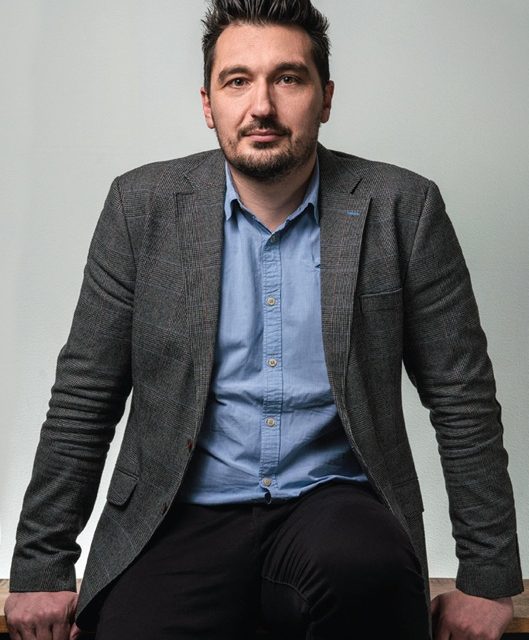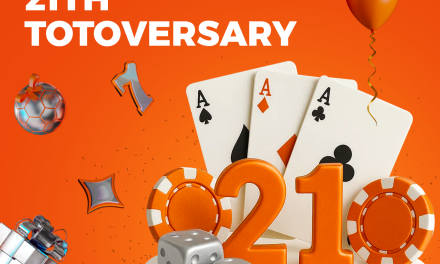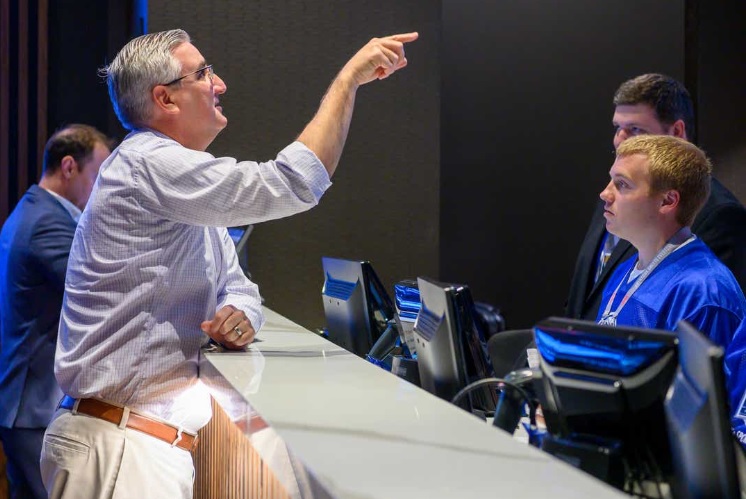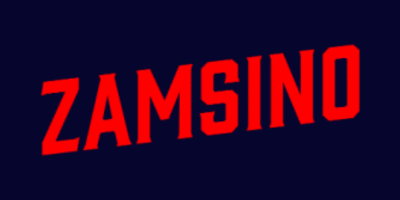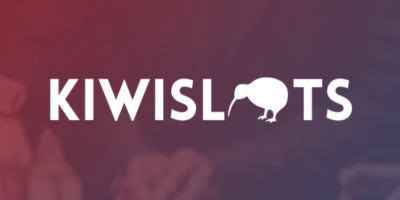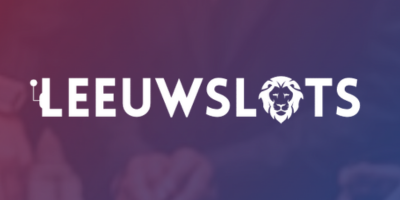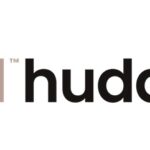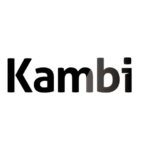An interview with Jean-François Reymond, education ambassador, IBIA
Sports Betting Operator recently sat down with Jean-François Reymond, education ambassador at the International Betting Integrity Association (IBIA), to discuss how trust, education, and international collaboration are reshaping the fight against match manipulation in Canadian and global sports.
What role does education play in IBIA’s anti-match-fixing strategy?
IBIA’s anti-match-fixing model combines prevention, detection and enforcement – all aligned to protect the integrity of sport, as well as the interests of consumers and legitimate betting operators.
Sports-integrity education is a core pillar of IBIA’s prevention strategy. The unfortunate truth is that to corrupt a sporting event – and financially benefit from defrauding betting markets – an athlete or official who can affect in‑game events needs to be involved. Targeting athletes, coaches, and officials – especially those from regions lacking robust integrity structures, helps to raise awareness, build resilience against corrupters and promote safe reporting practices. IBIA also actively collaborates with governments, regulators, and sports federations to promote evidence-based regulations and good governance.
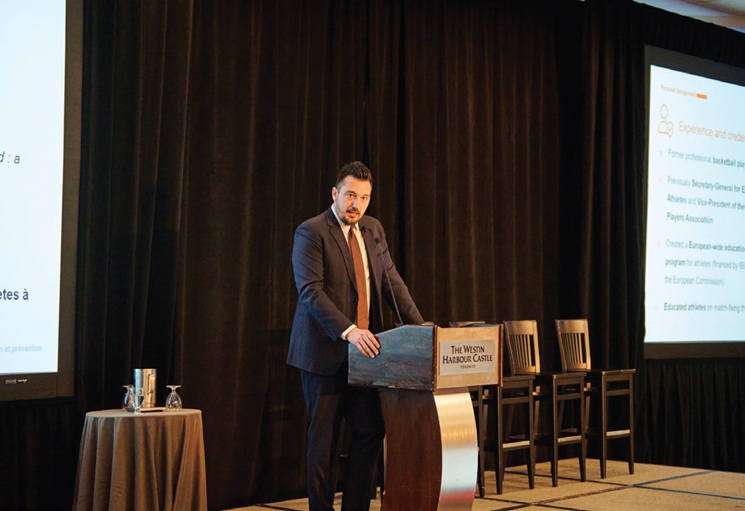
Image: Jean-François Reymond, education ambassador, IBIA
When prevention fails, however, IBIA operates the world’s largest integrity-monitoring network, analyzing over $300 billion in globally regulated betting transactions annually. The system covers more than 650,000 sporting events and functions as an early warning system for suspicious activity. It directly supports the detection, investigation and prosecution of criminal match-fixers.
Education appears to be a central pillar. Why is that?
Because you can’t legislate a mindset. Many athletes operate in countries where they’ve never encountered integrity policies or whistleblower protections. Some don’t even know corruption is an issue. We want to raise awareness and provide clear, accessible ways to report wrongdoing. But education alone isn’t enough. Leagues need proper rules and sanctions, too.
Jean-François, what makes IBIA’s approach to sports integrity education stand out?
Unlike traditional approaches, we focus on speaking directly to athletes where they train – in familiar, non-competitive settings. That personal interaction builds trust, which is essential. If a player doesn’t feel safe or comfortable coming forward, the best reporting system in the world won’t help. We consider that the face-to-face element of an education campaign is often the missing piece of existing programs.
Additionally, IBIA’s bespoke programs are designed to suit the needs of our partners in each new jurisdiction. While the foundations, including IBIA’s three Rs model (Rules, Responsibility and Reporting) for recognizing and resisting corruption remain consistent, the key to creating something that is relevant and easily understandable for the athletes concerned. We count on trusted partners like PFA Canada to help us deliver the education program. Their role and regular access to players – including access to locker rooms at multiple points during the season – means they are trusted, and can deliver our education in a way that resonates. PFA Canada also benefits from IBIA’s expertise. We’ve implemented a train-the-trainer system, so they can use our content effectively and consistently.
Canada has emerged as a focus for IBIA’s most recent educational efforts. How has this been structured?
It’s important to emphasize that, over the last 15 years, IBIA’s global education campaigns have reached over 36,000 athletes across 13 countries and 10 sports, and that we’re ready to work with sports federations and franchises around the world.
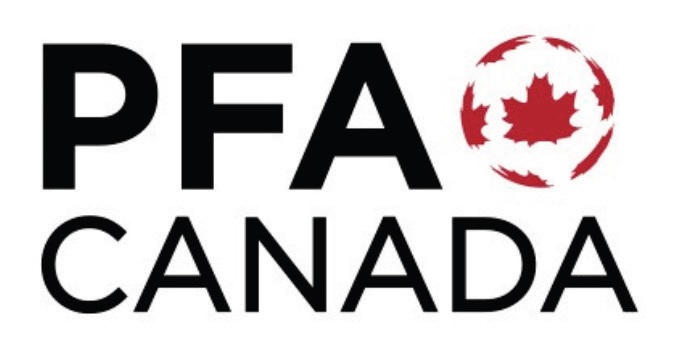
Currently IBIA is doing a lot of work in Canada, partially as a response to the recent development of a regulated sports betting market in Ontario. In 2023, IBIA – supported by its members Bet365, Betway and FanDuel – announced CA$300,000 to fund player education over a three-year cycle. The project provided training for nearly 200 athletes in the Canadian Premier League in 2024.
What’s next for IBIA in Canada?
We’re actively looking for more partners. Several federations are already in talks with us and the program is funded, so there’s no cost barrier. We just need organizations to commit to better education.
IBIA is known for its global collaborations. What do those partnerships involve?
As a not-for-profit sports-integrity monitor, building stakeholder alliances and mutually beneficial partnerships is at the heart of our approach. IBIA is unique in working collaboratively with so many partners across the wider sports-betting ecosystem, nurturing and developing relationships to deliver practical, real-world solutions. We are all on the same team in the fight against sports betting-related fraud: Collaboration is key to protecting sports athletes and fans against match-fixing.
Collaboration between regulators, law enforcement, sporting bodies, and monitoring entities must be formalized and proactive. We have formal data-sharing agreements with organizations like FIFA, UEFA, the IOC and ITIA. IBIA also works closely with law enforcement agencies, including INTERPOL. That allows us to act quickly and efficiently when suspicious activity arises. Beyond that, we help shape international policy through high-level forums, sharing best practices and advocating for national match-fixing platforms.
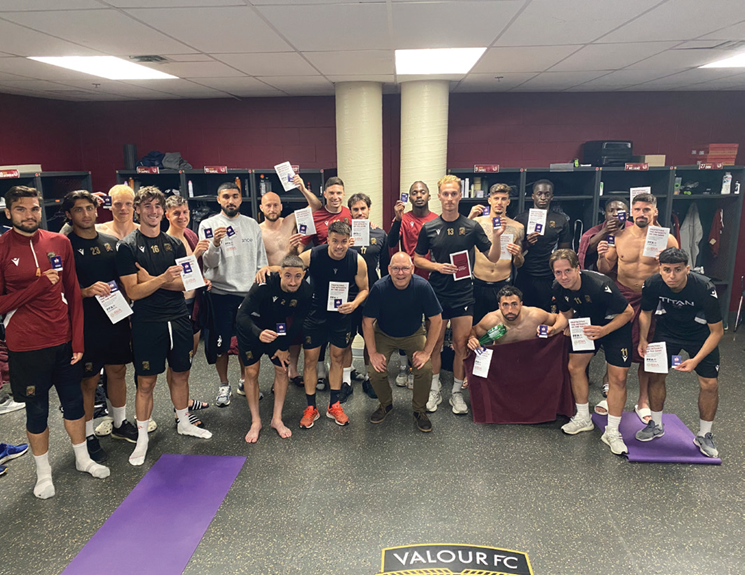
Let’s talk misconceptions. What are the biggest myths around match-fixing?
That some sports are immune. They’re not. If working conditions are poor, any athlete could be vulnerable. Another myth is that removing regulated betting will stop match-fixing. In reality, unregulated markets pose the biggest threat. They lack oversight, don’t share data and are often linked to organized crime.
Also, many cases that have nothing to do with betting and sporting-focused manipulation, such as ensuring a team avoids relegation or secures promotion, are surprisingly common. An EUfunded study, coordinated by the University of Ghent, reported in 2021 that almost 70 percent of those approached to fix a match were approached for sporting-related purposes only.
Final thoughts for the industry?
Preserving integrity isn’t just the right thing to do – it’s essential to the business of sport. If fans or sponsors lose trust, the entire system suffers. Integrity has to be built into strategic planning. The good news is, when regulators, operators, leagues and education providers work together, we see real results.


